By Joseph Young

Some pundits, politicians, and others who prefer sound bites like narratives that rest on a single explanation. Accordingly, the current protests in the Middle East and North Africa are too often described as caused by the release of a lame, low-budget hatchet job by seedy characters on a topic sensitive to many Muslims. These events do not have a single cause, are not just the result of a single low budget movie, and aren’t an example of how the whole world hates the US.
Martha Crenshaw, the Stanford political scientist, usefully distinguishes between two types of causes of terrorism and other forms of political violence: preconditions and precipitants. Preconditions are the background conditions — structural, political, economic, and otherwise — that encourage or discourage political violence. Precipitants are the immediate catalysts or the spark that lights the fire.
For the current malaise, one precipitant seems to be ‘Innocence of Muslims’, a “film” that was not endorsed by the US government and was denounced by most anyone who is anyone, including the President, Secretary of State, and anyone else at a microphone. But even describing the film as the sole precipitant of recent violence is not wholly accurate. The attack on the US consulate in Benghazi, according to recent reports, were planned by Salafists exploiting the protests as cover to take revenge for the death of a high-ranking official from a drone attack. Another catalyst for the expansion of this violence has to be attributed to these groups.
The preconditions for this kind of violence are much more complicated. Certainly, these events unleash existing popular anger against the US and its policies — some of deserved and some not. Some in the region remember that the US was helpful in expelling Khaddafi, and others remember how American support helped maintain Mubarak and others like him for far too long.
To be clear and before I get hate mail from all sides, free speech — even stupid free speech — is a hallmark of American democracy. If this were all only about a bad B movie, then I still wouldn’t concur with those calling these events an Arab Winter. It is important to remember that countries where these protests are occurring are filled with millions of people that aren’t protesting. Do all Americans support the Tea Party? Occupy? The Westboro Baptist church? Why treat other societies as monoliths?
Most importantly, however, it isn’t just about the movie. Harry Truman once wished for a one-handed economist as his economic advisors were always saying “on the one hand…and on the other”. Big events in world politics rarely have one cause, rarely can be attributed to one catalyst, and cannot be reduced to one side’s failings. An Arab Winter makes a nice sound bite, but the causes are likely a combination of US policy, the nature of power in the international system, extremists in the region, spoilers, history, and other factors.

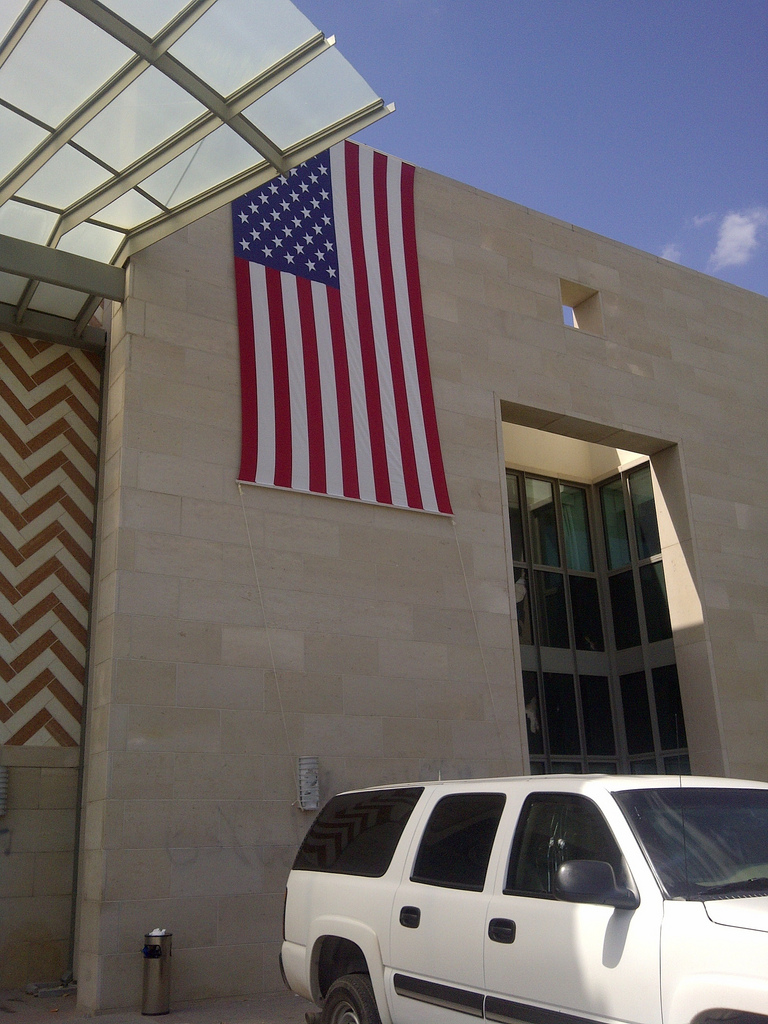
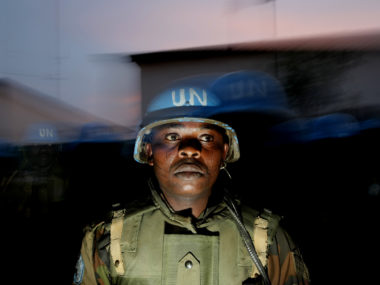


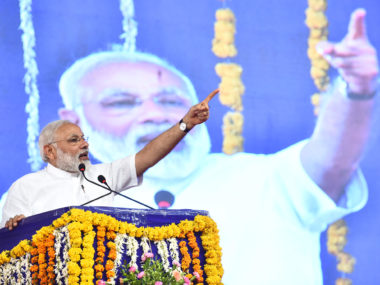
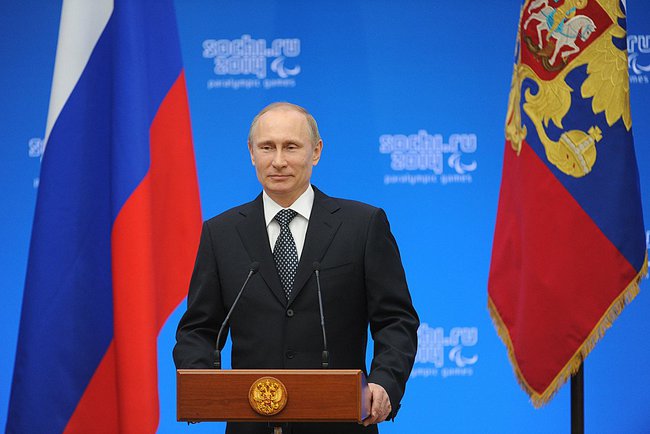
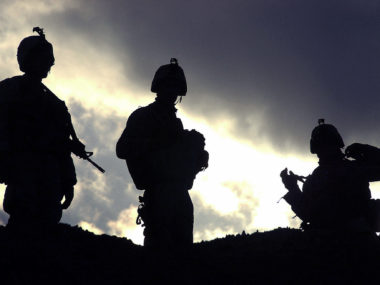
2 comments
What I find most curious is when people cite the video as “the cause” of a particular act of violence in Afghanistan. The video may have played a role, but it hardly seems necessary to find an outside source for violence in a country that has been at war for 30 years.
Scott. Agreed. Or Libya where there has been state repression, civil war, and now in the midst of a transition. It is more surprising to me when these situations aren’t more violent.